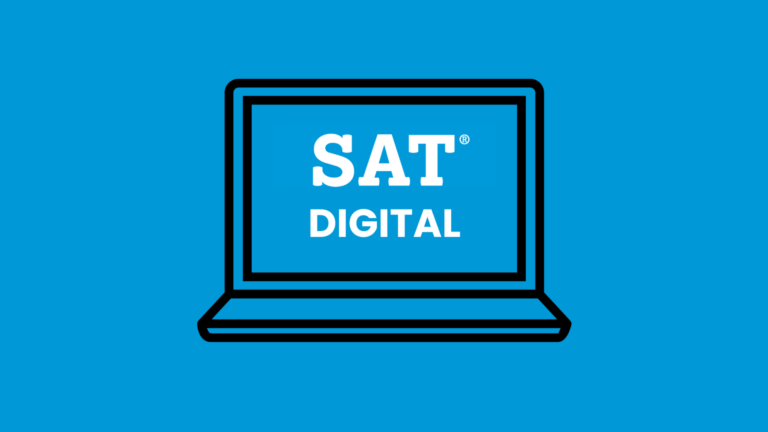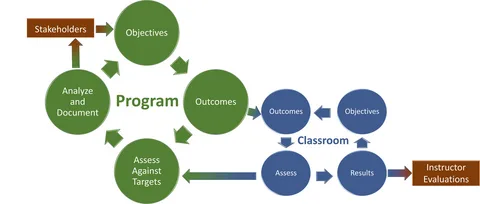Work-Life Balance at Ford: Programs and Policies
Work-life balance isn’t just a buzzword. It’s a crucial element for overall employee well-being and long-term career success. At Ford, maintaining a healthy equilibrium between work and personal life is a priority, reflected in a range of programs and policies designed to support employees. If you’re a Ford employee or considering joining the company, this guide will help you understand the resources available to create a flexible, fulfilling work-life experience.
1. Ford’s Flexible Work Arrangements
One of the central ways Ford supports work-life balance is by offering flexible work arrangements. These can include:
- Remote Work
Many roles at Ford allow you to work remotely full-time or part-time. This can help you save on commute time, minimize stress, and be more present with family. - Flex Schedules
Some teams have the option of choosing start and end times that differ from the traditional 9–5, allowing you to better accommodate childcare, school schedules, or personal commitments. - Compressed Workweeks
In certain positions, employees might work longer days in exchange for a shorter workweek. This can free up an extra day for errands, family activities, or personal projects.
2. Paid Time Off and Leave Policies
Ford understands that employees need time away from work to recharge and manage personal responsibilities:
- Vacation Days: Depending on your tenure, you can accrue a specific number of paid vacation days each year.
- Sick Leave: Paid sick leave ensures you can take time off when you or a family member is ill without sacrificing income.
- Parental Leave: Expectant mothers and fathers can typically access a combination of paid and unpaid leave. Some positions might also qualify for extended maternity or paternity leave.
- Family Medical Leave (FMLA): Federal guidelines ensure job protection for certain qualifying events, such as caring for a spouse or parent with a serious health condition.
3. Onsite Amenities and Support
At some Ford campuses or facilities, you might find onsite services that make juggling work and personal responsibilities more manageable:
- Childcare Centers
Some locations offer onsite childcare or partner with local daycare facilities, making it easier for parents to focus on work while their kids are close by. - Health and Wellness Facilities
Gyms, fitness classes, and even health clinics can sometimes be found on Ford campuses, supporting employee health and reducing the need for extra errands outside of work. - Cafeterias and Meal Options
Having good food options onsite can save time and help maintain healthier eating habits.
4. Employee Assistance Programs (EAP)
EAPs can be a lifeline for employees needing counseling, financial advice, or legal guidance. Ford typically offers confidential EAP services free of charge to employees and their families. Whether you’re dealing with stress at work, issues at home, or simply need a mental health check-in, these programs offer a range of resources without judgment.
5. Wellness Initiatives
Beyond traditional healthcare benefits, Ford emphasizes holistic well-being through various wellness initiatives. These may include stress management workshops, mindfulness training, mental health days, and programs focused on physical fitness. By fostering a culture that encourages self-care, Ford aims to reduce burnout and increase productivity.
6. Career Development and Growth
At first glance, you might not see how career development connects with work-life balance. But having clear career pathways and opportunities for advancement can reduce work-related stress and add long-term satisfaction. Ford invests in:
- Tuition Reimbursement: Many employees qualify for financial support to pursue higher education or professional certifications.
- Mentorship Programs: Pairing newcomers with experienced professionals fosters both career growth and a supportive work environment.
- Leadership Development: Workshops and online courses help employees hone leadership and technical skills, leading to greater job satisfaction.
7. Fostering a Supportive Corporate Culture
Policies alone don’t guarantee a healthy work-life balance. The company’s culture and leadership teams need to actively support these policies. Ford encourages open communication, flexible thinking, and respect for personal boundaries. Managers are trained to recognize signs of burnout and encourage employees to take time off as needed. Team-building activities also help colleagues form supportive relationships, making it easier to cover for one another when personal matters arise.
8. Leveraging Technology Wisely
Technology can be a double-edged sword. It allows remote work and flexible schedules, but it can also lead to an “always-on” mentality. Ford encourages employees to set boundaries around work communication, especially after hours. Tools like shared calendars, project management software, and collaboration platforms help teams stay organized without overburdening individuals.
- Tip: If you need to adjust your benefits, be sure to check out Reset Your MyFordBenefits Password Easily, Myfordbenefits Login, https://myfordbenefitsinfo.us/ for streamlined access to your employee accounts. Having easy digital access makes it simpler to request time off, review EAP resources, and more.
9. Common Challenges and How to Overcome Them
- Guilt About Time Off
Some employees may feel hesitant to use their vacation or leave time. Remember that these days are part of your compensation and are vital for maintaining a healthy life. - Boundary Setting
Even with flexible work arrangements, it can be tough to “switch off.” Setting clear boundaries with managers and colleagues can help. - Team Coordination
Balancing various schedules, especially if teams are spread across multiple locations or time zones, can be tricky. Tools like shared calendars and regular check-ins can solve many of these issues.
10. Final Thoughts
Ford’s programs and policies provide a robust framework for achieving work-life balance, but the real key is individual initiative. Understanding your needs, setting boundaries, and actively participating in wellness and development initiatives can help you thrive both on and off the job. Whether it’s taking advantage of flexible scheduling, utilizing paid time off for family events, or leveraging EAP resources for personal challenges, Ford gives employees multiple ways to align work with life.
Ultimately, a healthy work-life balance isn’t just beneficial for employees—it’s good for business. When people feel supported, they’re more engaged, productive, and creative. They’re also more likely to stay with the company for the long haul. Ford recognizes this, which is why it continues to evolve its policies to meet changing employee needs and societal trends.
If you’re a current employee, now is a great time to explore everything on offer. If you’re considering a career at Ford, know that these programs exist to help you lead a balanced, fulfilling life. As workplace expectations continue to evolve, Ford remains committed to empowering its workforce with the tools and flexibility needed to thrive in today’s dynamic world.





